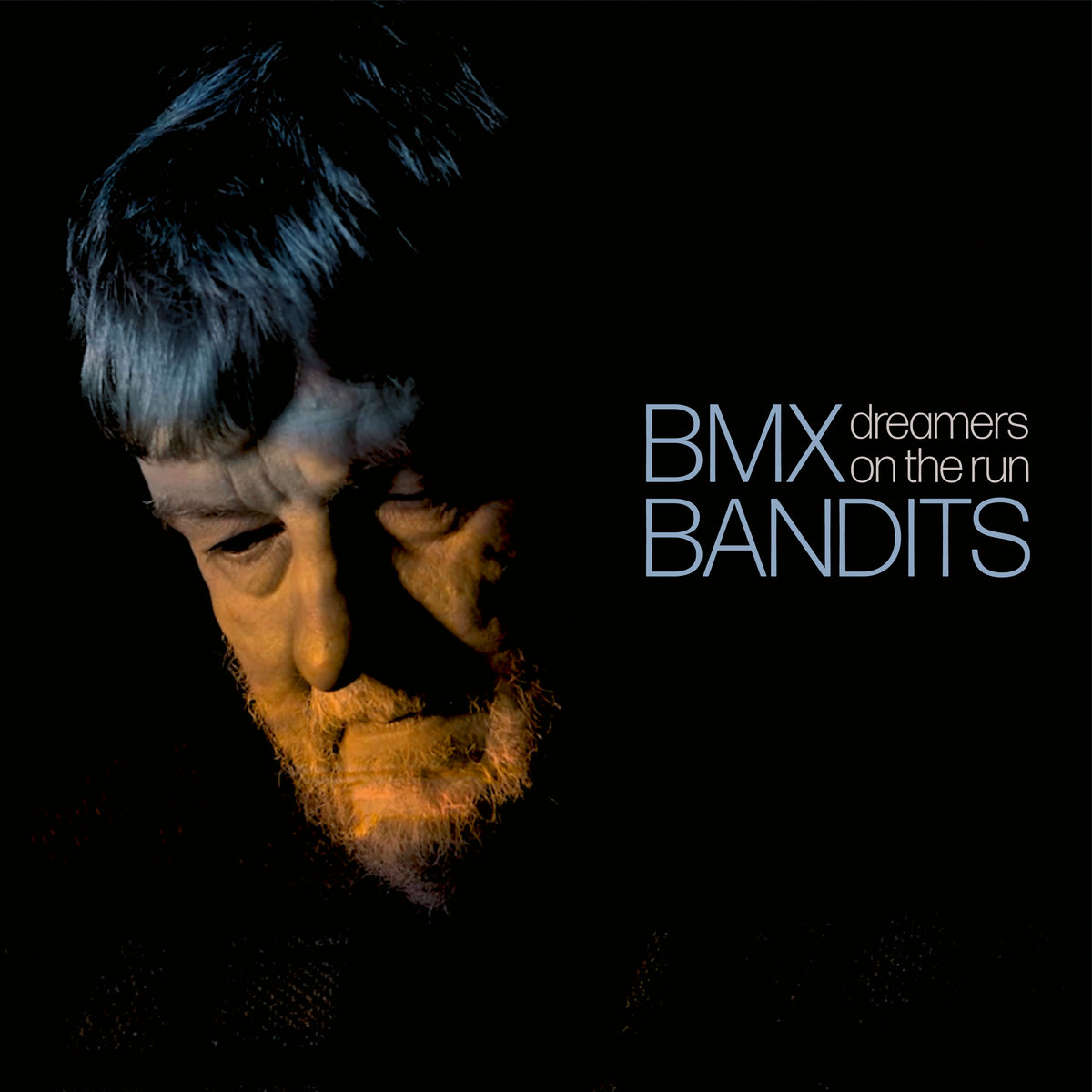Written by: Dave Cantrell
One of the lesser-acknowledged aspects of quietude is how active it actually is, how much is scurrying about beneath its ostensibly hushed veil. Lately, in these pages (as an example), I’ve been extolling the myriad merits of ambient composition and the extent to which – somewhat to my surprise – I’ve been held in abeyance by the softened awe and all the subliminal complexities it can offer, how what we’re hearing is basically a hurry in a just-as-busy slo-mo that, when paid heed, can often reveal far more of itself than its more breathless brethren. In short, what one discovers is the vital importance of allowing one’s mind to slow down so it can catch up to itself. It’s a lesson I’m grateful for as, for one, it proves that even as you’re pushing seventy as your correspondent is there are still – and always will be – opportunities to learn and grow and, two, that expanded perspective is now available to apply to other modes, not least the one more or less before us today in the form of Backwater Collage from James Hoare’s new project Penny Arcade: dream pop.
That genre name, at least as applied to the work of Mr. Hoare both here and his heretofore bands Veronica Falls, The Proper Ornaments and Ultimate Painting but really to a great percentage of all such so-dubbed, has always felt a bit too easily tossed-off to us but especially in Hoare’s case and the key to that exception, at least as far as we can tell – aside, of course, from the guy’s impeccable, damn near incomparable songwriting chops – is the (self-) production.
Coming in to a new Hoare-helmed project is akin to swimming about in remarkably sharp, fresh new pop waters and this debut from Penny Arcade (with the indispensable additions, by the way, of Nathalia Bruno’s vox and keyboards from James’s forever pal Max Claps), released yesterday May 3rd on Tapete, is not only no exception but a bit of a new pinnacle in that regard and, when paired with the quality of the hooks and progressions and lyrics parsed with elliptic precision that match if not exceed what we’ve come to expect from those previous efforts with a certainty of sun on a brilliant summer morning, well, color us stoked.
From the very off (and speaking of water), the liquid languid tone of opener “Jona” lures us in, its mood a mellowed blend, somehow, of both the biting and the laid back and there’s the very premise of this essay subtly forging its way upstream and into our senses and somewhere in that foregoing analogy-strewn description is an implicit double entendre regarding the word ‘craft’ but astute as you are, dear reader, we’ll just leave that there before we find ourselves foundering in some rhetorical murk but, that aside, you get what we mean and this record just keeps proving – no surprise – Hoare’s mastery of that craft track after track.
“Want You Around,” an aching love song roaming about inside a keening dreamstate, does so with a riveting allure that has an almost minimalist wall-of-sound dynamic to it, “Dear John” meshes a feeling of sweet if oblique longing with an equally sweet defiance to, what else, fine effect, “When the Feeling Is Gone” invites the Velvet Underground down to the corner bar for a commiserative nip or two of solace and sorrow, the relatively rousing “Black Clouds” raises something of a storm as its title might suggest even as its stunner of an opening line – “black clouds, every birthday” – couldn’t more clearly signal its intent, “Garage Instrumental,” aside from not actually being an instrumental (that would be the following track “Dennis,” all head-nodding swoon and hypnotism) but instead a rather pitch-perfect portrait of yearning that includes the couplet “it’s late September / and cold to the touch” and there’s us in total surrender to this songwriter’s innate, ever-richer agility with the language of song.
While the whole of this album, beyond its obvious compositional strengths and that lush, enveloping sound, essays that arc that links melancholy to its twin, redemption, and does so with an almost divine level of personal reflection, what it never descends into is cynicism, there’s no blame, per se, no recrimination, just an intimate reckoning plain said. It’s an honesty that, in Hoare’s case anyway, betokens a masterpiece of hushed and lovely pop songcraft, descriptors not exactly absent from the artist’s previous repertoire but that here reach a level of complicated bliss that doesn’t simply reflect the human condition but, in its own quietly determined way, provides the soundtrack.
[pick up a physical copy from Tapete – vinyl or CD – here, grab the digital here] [photo of James Hoare: Kate Mount]










